Change Agents for Maternal Mental Health
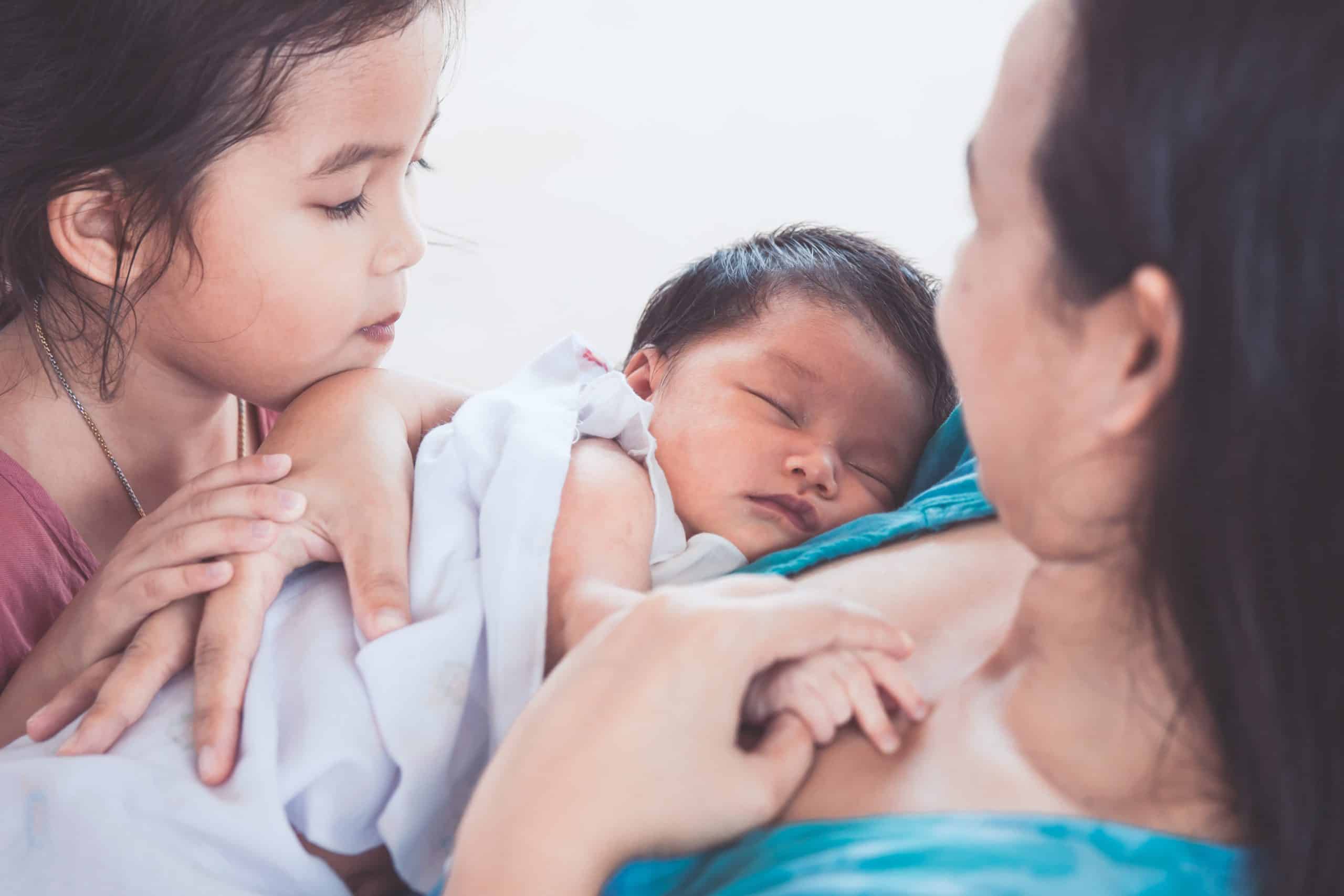
Women play a vital role in shaping history — as well as the next generation. Because who we become starts before we’re even born, it’s everyone’s duty to ensure mothers and pregnant people are well-supported both physically and mentally throughout the perinatal period.
State of Babies data reveals that nationally, 21.9% of mothers report less than optimal mental health. And half of women diagnosed with perinatal depression do not get the treatment they need. For far too long, maternal mental health, and its impact on babies and young children, has been overlooked.
But through the hard work of parents, professionals and policymakers, the focus is changing. As a society, we’re finally addressing the uncomfortable but necessary demand to do better. This Women’s History Month we’ve put together a “Power List” of remarkable women – many with mental health stories of their own – who are making history as change agents for maternal mental health support.
Parenting is absolutely a learned behavior with significant influences from the past and a lot of opportunities to gain new influences and training in the present. There is no one way to be a good mom.
Catherine Monk
Catherine Monk, PhD
Professor, Medical Psychology, Columbia University and ZERO TO THREE Board Member
For 20 years, Dr. Monk has contributed to the scientific evidence showing that when pregnant women experience stress, anxiety, and depression, it affects them as well as their offspring in utero. Her current research spans interventions for postpartum depression, adverse childhood experiences in pregnant people and their effect on children even before birth and studies of pre and postnatal exposure to maternal toxic stress and neurobehavioral development. Attendees at our 2020 Conference were floored with Dr. Monk’s science plenary that highlighted her research and findings.
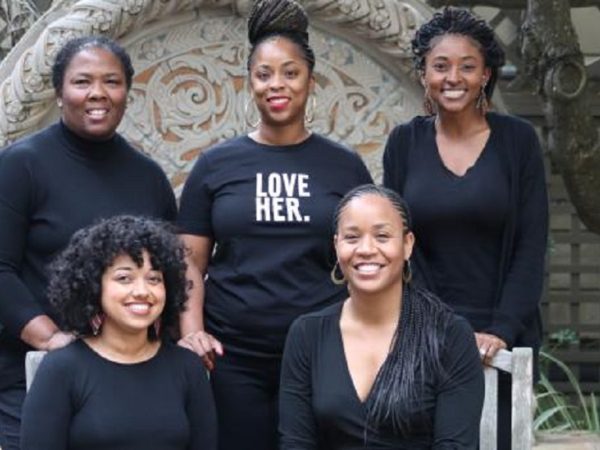
The unacknowledged histories and harms of maternal and reproductive health care for Black women and Black birthing people are forever ringing the alarms in our bodies and our psyche.
Markita Mays
Markita Mays LCSW
Co-founder of EMBRACE, UCSF National Center of Excellence in Women's Health
A recipient of our 2021 Emerging Leadership Award, Markita works to understand and expose the intergenerational patterns of race and trauma for African American families and communities. She co-created EMBRACE, a clinical program that offers Black mothers and Black pregnant people prenatal care from an intentional angle of racial consciousness, using a model of care where social and economic factors are identified and addressed. The program includes village building with other Black families, integrated behavioral healthcare, mindfulness practices and more — with the ultimate goal of supporting the creation of Black lives by reclaiming health, wellness, and self-determination for Black birthing.
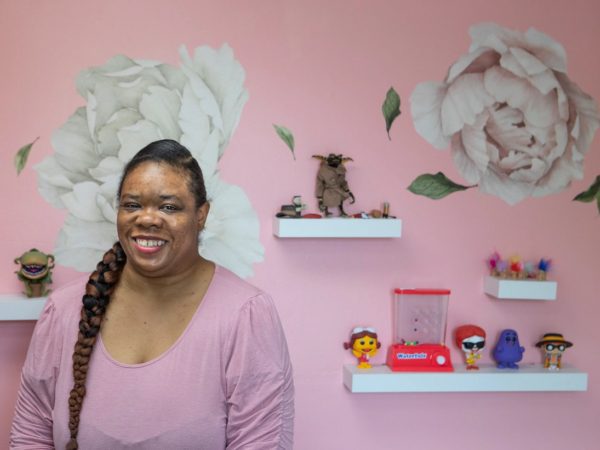
Motherhood is a journey not meant to be traveled alone. It’s essential to find community and connection during pregnancy and after birth.
Shemika Whiteside
Shemika Whiteside, MSSW, CSW
Founder/Executive Director, Zora's Cradle and ZERO TO THREE Fellow
Shemika came to Louisville, KY in 2014, pregnant and with a 5 year old son, but without a permanent home. Although she had a stable job and many things in her life were going well, she still found it difficult to find the community-based resources she needed. That stress, coupled with the physical health disparities many Black women face, ultimately led to her giving birth to her baby girl, Zora, at just six months gestation. Her daughter only lived a few days.
As a social worker, she made it her mission since that day to ensure mothers and their babies have everything they need to survive — and in 2021 took that one step further when she founded Zora’s Cradle, a maternity program that assists with both physical and mental health needs. She and her team provide everything from a breastmilk bank, to career counseling, to behavioral therapy.

As pediatricians, there are a few things we can do. First, ask. Parents will rarely volunteer that they are struggling, but if we make a point to ask, they are more likely to feel comfortable sharing.
Lee Beers
Lee Beers, MD, FAAP
Medical Director, Community Health and Advocacy, Children’s National Hospital and ZERO TO THREE Board Member
Lee Ann Savio Beers is dedicated to improving the mental health of children and their families nationwide. Throughout her career, she has worked to transform systems and find solutions that empower mothers on their journey to improve mental health. She maintains that pediatricians have a leading role in addressing disparities in access to mental health care, because many low-income families come to them first to address mental health concerns.
Did you know as many as 1 in 5 people struggle with a mental health disorder during pregnancy?
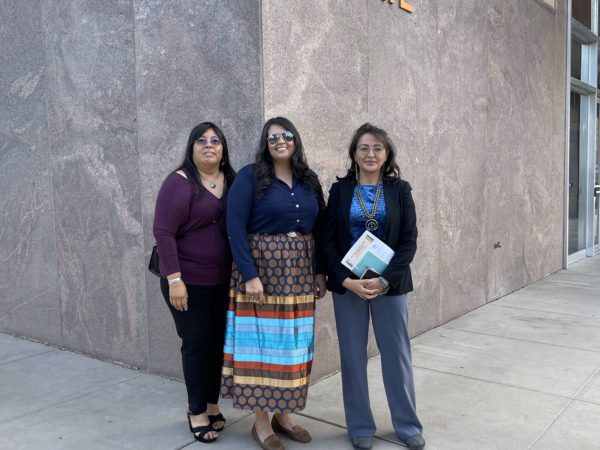
I believe that an Infant Mental Health approach to support perinatal health in tribal communities is extremely important to re-awaken or rekindle traditional practices and ways of planning for baby's arrival on Mother Earth.
Dawn Yazzie
Dawn A. Yazzie, MA, NCC
Infant and Early Childhood Mental Health Consultant, Georgetown University
A mother of four children by birth and a fifth by marriage, Dawn pulls from her own motherhood journey to reclaim traditional Navajo teachings and ceremonies in order to heal multigenerational trauma. It’s the fuel for her passion in IECMH consultation, which she not only brings to programs such as the Children’s Equity Project and Southwest Human Development, but also to the Arizona Senate where she (right) and colleagues advocate for infant mental health in tribal communities. She sees perinatal health and infant mental health as directly connected in every aspect of human development — and recalls one mother in particular she helped who confided that learning about connecting with her children strengthened her ability to parent her newborn and prepare her for the emotional journey of being a new mother.
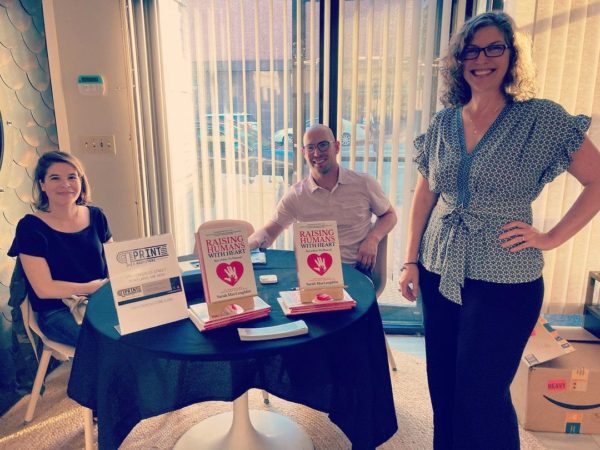
Parenting is not just about raising children; it's also about personal growth and development. It's a journey that requires parents to be aware of their own needs and emotions.
Sarah MacLaughlin
Sarah MacLaughlin, LSW
Sr. Training and Technical Assistance Specialist, Pediatrics Supporting Parents, ZERO TO THREE
As a licensed social worker, parent educator and author Sarah MacLaughlin knows how critical the parent-child relationship is. In her previous work with HealthySteps, Sarah focused on creating educational materials for pediatric healthcare providers to better support postpartum mothers, ensuring families receive the guidance and care they deserve. She was also a frequent contributor to Psychology Today, alongside Rahil Briggs, PsyD, with articles to reach new parents on a mass scale.
In her current role with the Pediatrics Supporting Parents initiative, Sarah provides technical assistance to clinicians, staff, and dedicated family leaders with a strong emphasis on the importance of Early Relational Health, ensuring that babies, toddlers and their families get a strong start together. Sarah is also the author of two award-winning books for caregivers, What Not to Say: Tools for Talking with Young Children and Raising Humans With Heart: Not a How-To Manual.
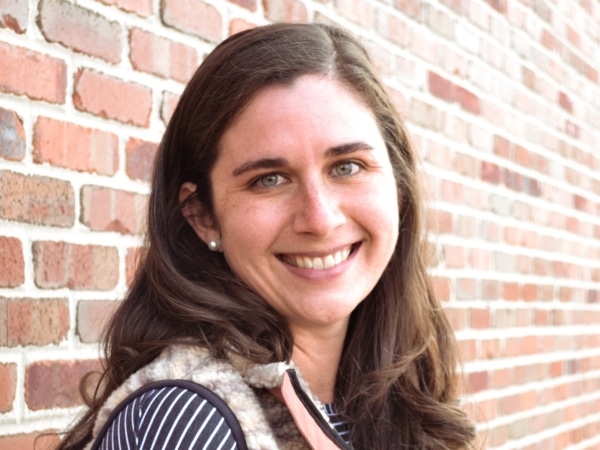
Minimizing stress and minimizing mental health problems across the whole family is a priority.
Angela Narayan
Angela Narayan, PhD
Associate Professor, Clinical Child Psychology, Department of Psychology, University of Denver
At the University of Denver (DU), Dr. Angela Narayan founded the PROTECT Lab, which investigates how risk and resilience transfer across generations. Her research involves a multi-site longitudinal study following 350 low-income families from pregnancy to kindergarten, uncovering protective factors against intergenerational trauma and psychopathology in diverse pregnant individuals, marginalized young fathers, and other non-gestational caregivers.
Angela is a licensed psychologist in Colorado with expertise in relationship-based, trauma-informed treatments for children, adolescents and parents. She is a recipient of our 2023 Emerging Leadership Awards– Research. Angela is also on the editorial board of Adversity and Resilience Science, Child Abuse & Neglect, and Development and Psychopathology. She has also received early career awards for her research on childhood maltreatment and trauma psychology from APA Divisions 37 and 56.
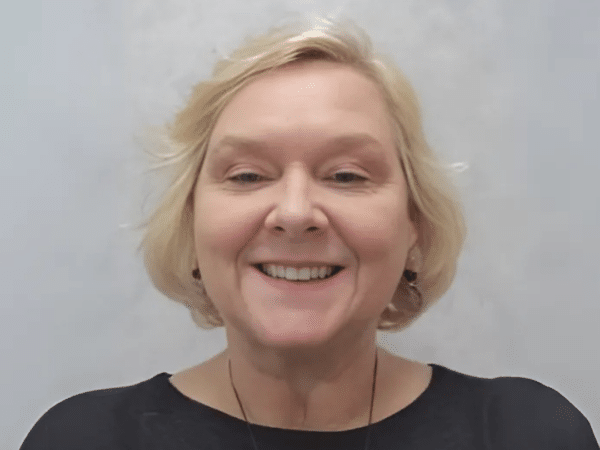
A mother who prioritizes her own well-being is more present, less reactive, and more attuned to both her children and herself.
Bernadette McDaniel
Bernadette McDaniel, MSW
HealthySteps Specialist, Ellis Pediatrics.
For the past eight years, Bernadette McDaniel has been supporting families as a HealthySteps Specialist at Ellis Pediatrics. She has over 23 years of experience in mental health, working in various care settings. In 2017, she became the first HealthySteps Specialist in New York’s Capital Region and has served as a HealthySteps Ambassador. She supports families with early intervention, developmental resources, and pediatric care follow-ups, collaborating with organizations to assist those facing domestic violence, homelessness, and substance use disorder. As a HealthySteps Specialist, Bernadette strives to meet moms with a nonjudgmental approach, creating space for trust and information sharing.
Bernadette is also a Board Member of the nonprofit organization, Things of My Very Own, where she helps support victims of domestic violence and sexual assault. She finds joy in helping children grow and empowering parents.
